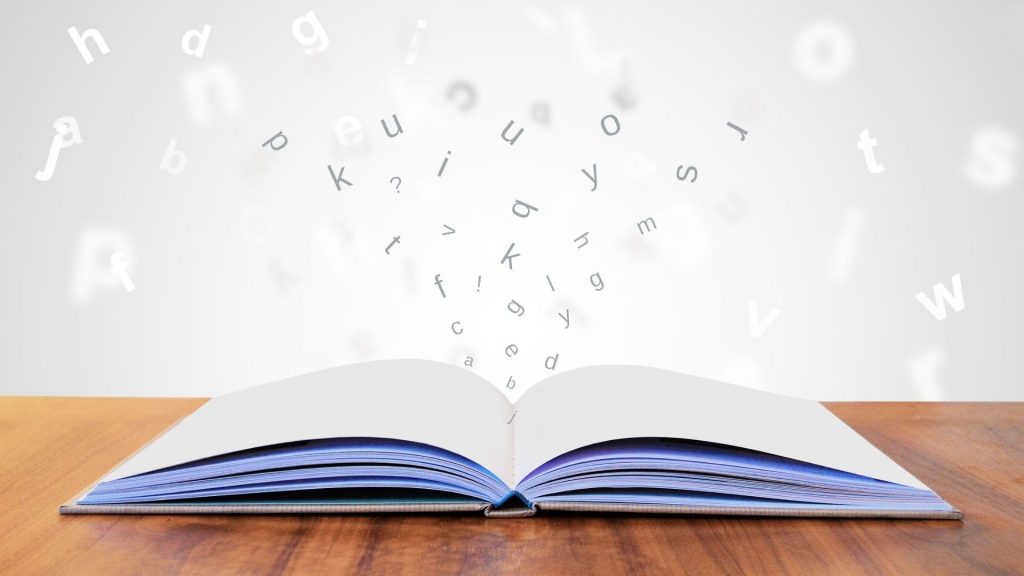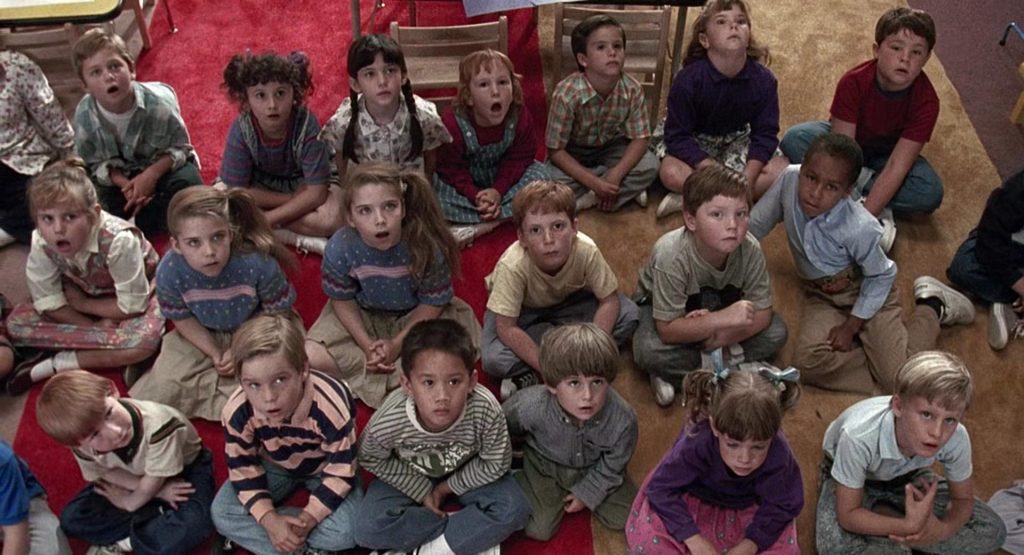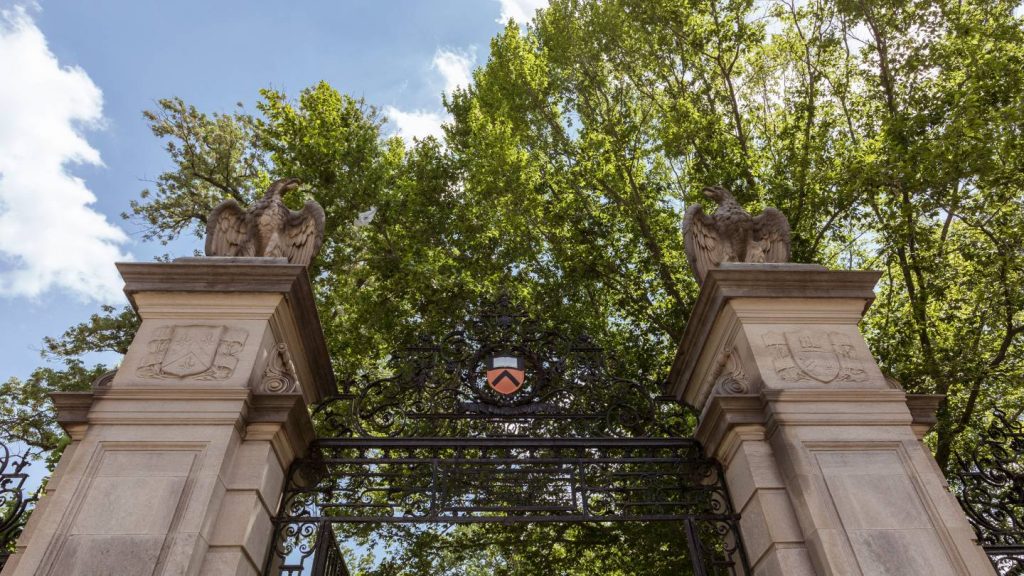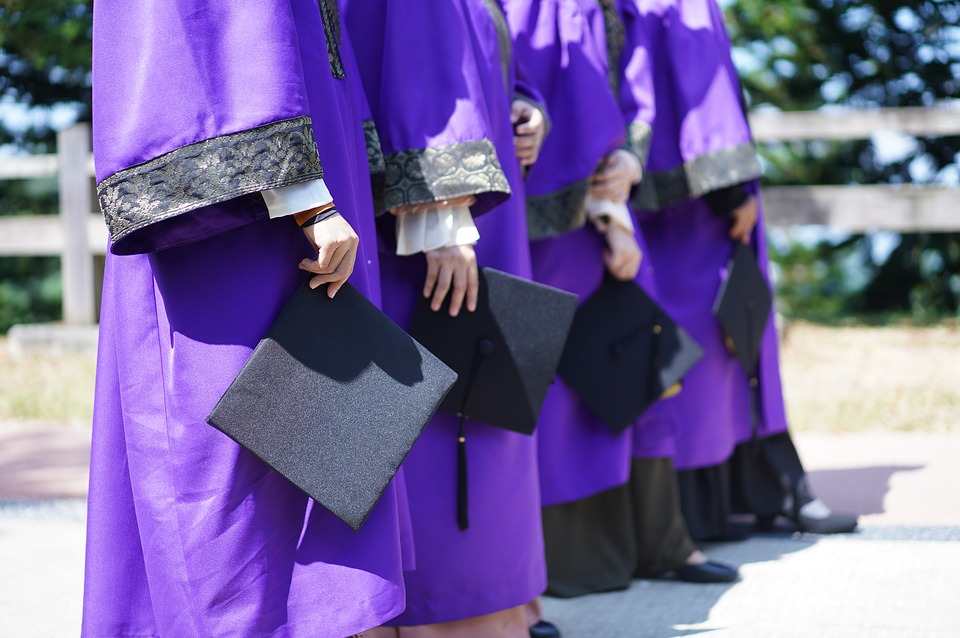Private School vs Public School: Which Teaches Kids More?
There is plenty to consider when choosing a private school vs public school, but ultimately, which one teaches kids more?

More parents and caregivers than ever are considering alternatives to public schools. As school choice reform is on the rise across the nation, parents look to homeschooling as an option, and now more than ever, private schools as well. Private schools, or non-government regulated institutes, have long been recognized as an institute for the wealthy, but new school voucher programs are making it easier for everyone to attend private schools. With plenty to consider, the concerns on most parents’ minds beg the question: Which teaches kids more, private School vs public school?
The answer isn’t a simple one. There is a myriad of things parents should consider when choosing a private school vs public school. From class sizes, teacher credibility, cost, and diversity, there is much to consider. However, the major question most parents want to know when making that decision is whether or not their children will learn more from a private institution, or the public school system.
How Enrollment Numbers Compare in Private School vs Public school
The answer as to whether private schools vs public schools teach more has multiple layers to unpack. However, a look at concrete data is often a starting point for parents wishing to make the big decision. First, let’s look at the difference between the school system through enrollment figures.

According to a National Center for Education Statistics (NCES) report from 2020, an estimated 49.4 million students attend public schools vs private schools. On the contrary, private school enrollment was last reported by the same group in 2017 at 5.7 million students.
Which Students Perform Better?
If parents go solely off data for the private school vs public school debate, the answer to the question of who teaches more would be simple. According to the most recent data published by The Nations Report Card, private schools students outperformed the scores of public school students in nearly every school subject. Similarly, on college entry tests like the SATs, The National Association of Independent Schools (NAIS) found that students in private schools consistently outperformed public school peers as well.
Many experts, however, say that the data skews the question of which sector teaches more. Digging deeper into the matter, some scholars look past test scores to find out if the data really proves that private schools conduct more success from students. Robert Pianta, the former dean of the School of Education and Human Development at the University of Virginia led a published study examining academic, social, psychological, and attainment outcomes in 2018.
In conclusion, he said student success is more directly related to other factors in the student’s life, like family attributes and income, rather than what type of school they attend. Christopher Lubienski, a professor at Indiana University and co-author of the book, The Public School Advantage: Why Public Schools Outperform Private Schools agrees with Pianta’s views on the matter. His book dives even deeper into the debate as he claims public schools do in fact teach kids more.

What About Low-Income Family Students in Private Schools?
As interesting as the two scholars’ views are on the debate bating private school vs public school against one another, their beliefs do not account for students from low-income families who attend private schools. While it has been widely believed that private schools are filled with students from wealthier backgrounds, more low-income families have been able to send their children to private institutions via school education vouchers.
Megan Austin, a senior researcher at the American Institutes for Research says that students using vouchers to attend private schools were less successful than those who were attending as full-paying students. However, she also concluded that both types of students in the private sector were less likely to fail a course than those in public schools. Furthermore, she said that both voucher students and those paying tuition in private schools were more likely to attend college within one year of high school graduation.

With plenty to unpack in the data and beliefs of scholars, another aspect parents need to consider when deciding which institution will offer better academics, private schools vs public schools, lies in the educators found within. At the heart of education, much of what students learn and retain rests upon the teachers.
Which Institute Offers Better Educators?
Teacher expectations and requirements do differ with private schools vs public schools. In private schools, teachers are not required to be certified, whereas the federal department of education requires public school teachers to be accredited in regards to each state’s differentiating requirements. However, just because private schools aren’t required to employ credited educators does not imply that they don’t. In fact, private schools often hire subject matter experts with advanced degrees.
In 2020, the NCES reported findings from a national teacher and principal survey. The survey sampled educators around the nation comparing those in private schools and public schools. As for teaching experience, the survey found that public school teachers generally had more experience than their counterparts at private schools. Regarding levels of education, 49% of public school teachers held masters, while only 39% had attained a master’s in private schools. Similarly, public school teachers outranked private school teachers with credentials beyond master’s degrees.

If those numbers comparing teachers in private schools vs public schools wasn’t surprising enough, a lower percentage of private school teachers took graduate or undergraduate classes as well. And as far as evaluations go, public school teachers are held more accountable by their superiors. Furthermore, both educators in the private and public school systems reported professional development throughout the year, however, while 99% of public school teachers receive development, only 94% of teachers in private schools did.
Considering the Bigger Picture with Private School Vs Public school
Much like the student data research, private school vs public school teacher data doesn’t necessarily mean that public teachers are better equipped to train students. Furthermore, since private schools are not driven by performances on standardized tests, teachers often have more flexibility in the private sector to create more engaging curriculums.
While academic standards should be of the utmost importance to many parents looking to compare private schools vs public schools, it’s not the only variable to consider. Other factors should be considered as well, and depending on the child’s grade level, every aspect should be explored. Moreover, it’s vital to research the schools you are considering, as every institution, whether private or public, offers different curriculums.



